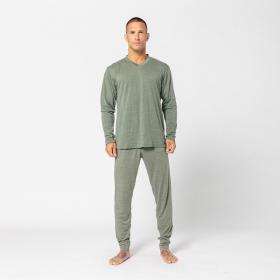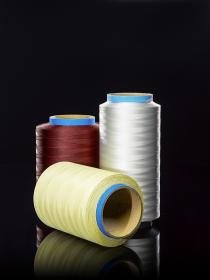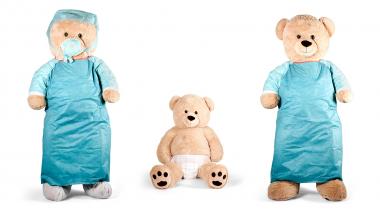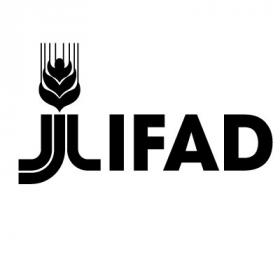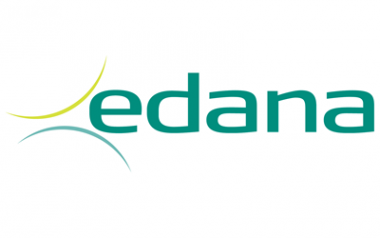DFND introduces Sleepwear powered by CELLIANT®
DFND, a compression and apparel brand designed for the military, firefighters, first responders and pro athletes, now available to athletes everywhere, has partnered with Hologenix®, creators of CELLIANT® to introduce a line of unisex sleepwear: DFND REST. Designed for the “warrior athlete,” the sleepwear is powered by DFND X CELLIANT®, the trailblazer in bio-responsive infrared textiles.
Both DFND and Hologenix are focused on increasing recovery and enhancing performance for the human body, so the partnership couldn’t be more ideal. CELLIANT’s science-backed infrared (IR) technology is a natural blend of bioceramics that allows textiles to capture and convert body heat into infrared energy. DFND REST powered by CELLIANT notes that it is “clinically proven to enhance tissue oxygen levels to help your body be at its best.”
DFND REST powered by CELLIANT includes three unisex designs in two colors each, Tan and Heather Grey: IR Short Sleeve V-Neck Shirt; IR Long Sleeve V-Neck Shirt and IR Sleepwear Long John; and two designs in Black: IR Recover RX Hood; IR Recover RX Jogger.
DFND REST, like all DFND products, is designed, tested and made in the USA. CELLIANT’s proprietary mineral formula is processed and manufactured in the USA.
DFND REST will be featured at the following upcoming shows: the Holistic Health and Fitness (H2F) Exposition and Industry Day, April 26 to 27 at Fort Eustis; Warrior West, April 27 to 28 at the San Diego Convention Center; Modern Day Marine, May 10 to 12, Washington, D.C.; The Human Performance & Biosystems Summit, June 29 to 30 at National Harbor, Maryland; National Guard Conference & Exhibition, August 26 to 29, Columbus, Ohio; and AUSA, October 10 to 12, Washington, D.C.


